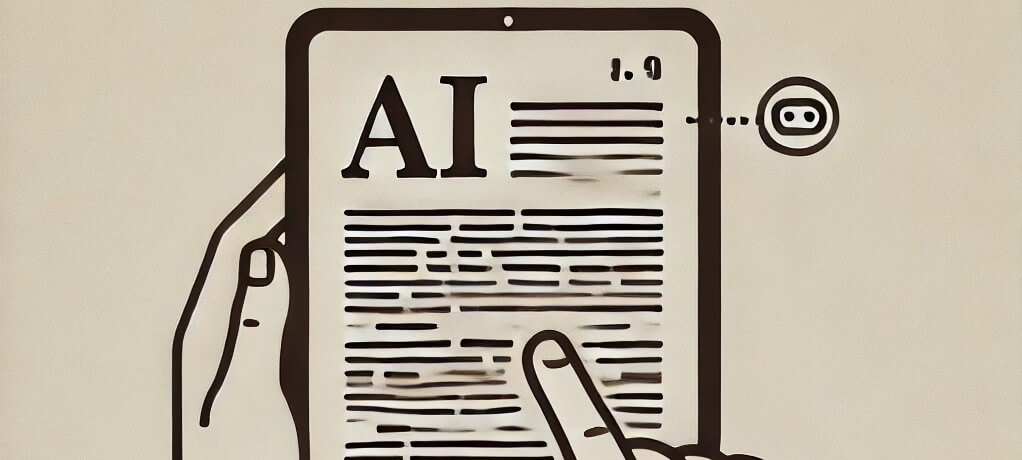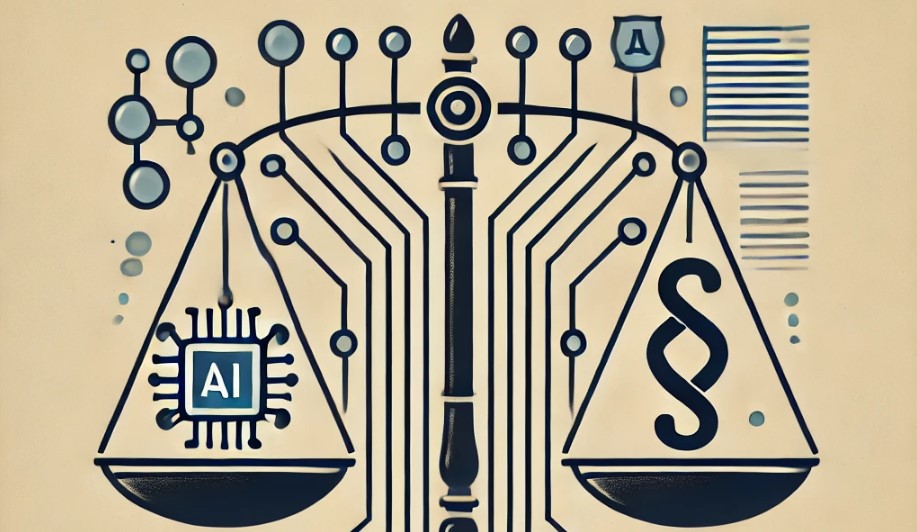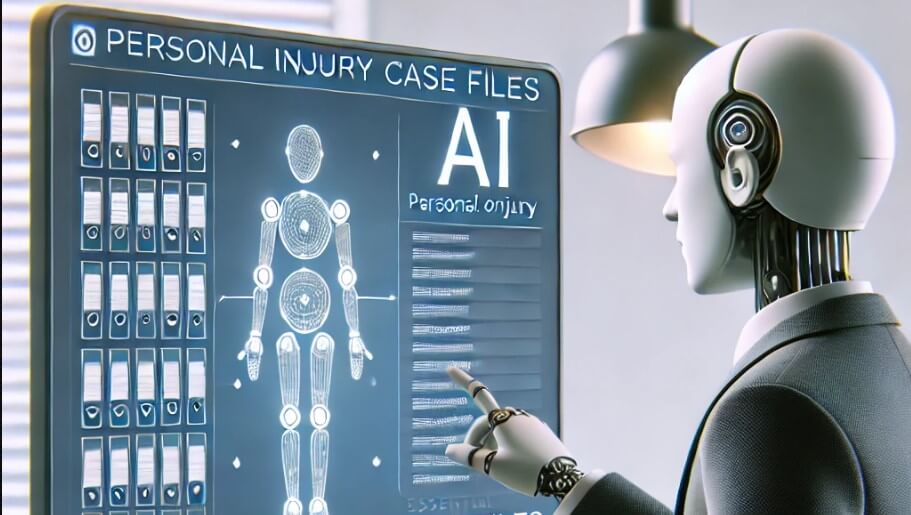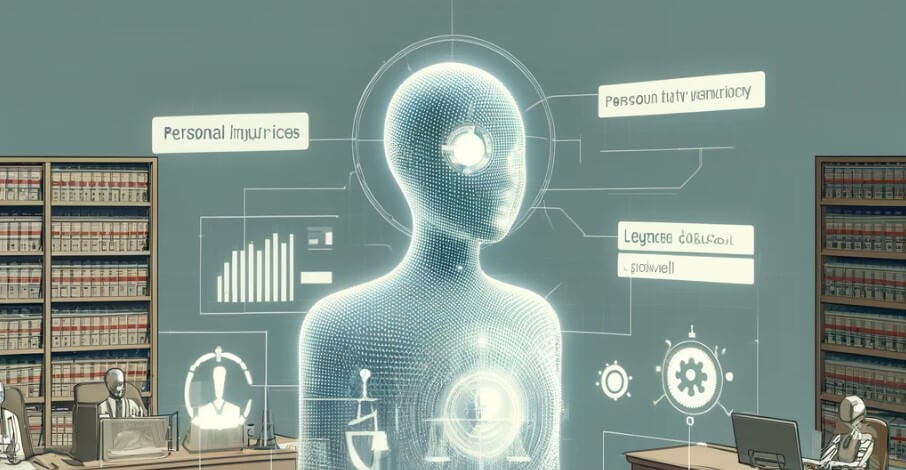In a significant move towards the modernization of legal practices, Supio, an AI platform focused on personal injury law, has emerged from stealth with a $25 million Series A funding round led by Sapphire Ventures. This development underscores the growing trend of legal firms adopting advanced technologies to streamline operations. Co-founders Jerry Zhou and Kyle Lam, both seasoned tech veterans, are aiming to transform how legal teams handle the laborious and intricate task of managing personal injury cases by harnessing the power of generative AI.
Revolutionizing Legal Data Management

Supio is designed to address one of the most significant challenges in personal injury and mass tort law: the immense volume of documentation. These cases often require sifting through thousands of documents, including medical records, police reports, insurance claims, and more. Traditionally, this process is not only time-consuming but also prone to human error, making it a prime candidate for automation.
Supio’s AI platform automates bulk data collection and aggregation, allowing legal teams to quickly organize and identify crucial documents. The platform also has the capability to generate demand letters and other legal documents, simplifying the process of outlining and presenting a case. Zhou emphasizes that Supio’s AI can perform with “better than human levels of accuracy,” boasting that it can organize unstructured data and produce reliable results without the errors commonly associated with AI, such as hallucinations or fabrications.
Addressing Legaltech’s Ethical and Security Concerns

The adoption of AI in legal practices is not without its challenges. Legal professionals are naturally cautious about the security and accuracy of AI-generated outputs. The sensitive nature of legal documents and client information necessitates stringent security measures. Supio claims to address these concerns by storing client data in its country of origin and adhering to privacy regulations like HIPAA and GDPR.
However, the potential risks remain a concern for the legal community. High-profile cases, such as the one involving the law firm Levidow, Levidow & Oberman, P.C., where ChatGPT generated inaccurate legal documents, highlight the dangers of relying too heavily on AI without human oversight. Such incidents have led to increased scrutiny, with courts proposing new rules to ensure AI-generated legal documents are thoroughly reviewed by human professionals.
Despite these challenges, the legaltech market is growing rapidly. A survey by LexisNexis revealed that 90% of legal executives expect their investment in generative AI to increase over the next five years. This aligns with Gartner’s prediction that the legaltech market could reach $50 billion by 2027, driven largely by the adoption of AI.
Balancing Innovation with Caution

From my point of view, Supio’s entry into the AI legaltech space represents both an opportunity and a cautionary tale. On one hand, the platform’s ability to automate and streamline the complex and time-consuming processes in personal injury law could revolutionize the industry, leading to increased efficiency and reduced costs. On the other hand, the legal community’s hesitance to fully embrace AI is understandable, given the potential for errors and the ethical implications of using AI in sensitive legal matters.
Supio’s founders, Zhou and Lam, are confident in their platform’s capabilities, citing their deep understanding of the legal industry’s needs. However, their claims of achieving “better than human” accuracy with their AI models are yet to be independently verified. Without clear data or benchmark results to support these assertions, it’s difficult to fully assess the platform’s effectiveness.
As I see it, while Supio’s approach is innovative, the legal industry’s cautious stance towards AI adoption is likely to persist. The key to success for Supio and similar platforms will be in striking the right balance between leveraging AI for efficiency and ensuring that human oversight remains a critical component of the legal process. If Supio can deliver on its promises while maintaining the trust and security that the legal profession demands, it has the potential to be a game-changer in personal injury law. However, the platform’s long-term success will depend on its ability to prove its reliability and accuracy in real-world applications.
In a market that is becoming increasingly competitive, with players like Harvey, Leya, and Klarity also vying for dominance, Supio’s journey will be closely watched by both the legal community and the tech industry.






